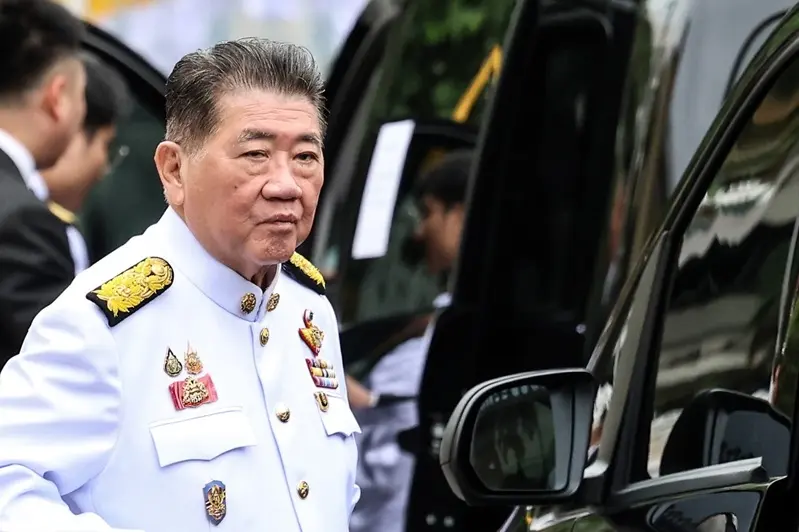
On July 30, Foreign Ministry Spokesperson Guo Jiakun presided over a regular press conference. A reporter asked, “It is understood that the China-Cambodia-Thailand trilateral informal meeting was held in Shanghai.” Could China provide more information on the situation? What other efforts has China made to promote peace talks since the Cambodia-Thailand conflict broke out?
Guo Jiakun stated that since the Cambodia-Thailand border conflict broke out, as a friendly neighbor of Cambodia and Thailand, China has been actively working in its own way to ease the situation. Foreign Minister Wang Yi worked with the Cambodian and Thai foreign ministers and the ASEAN Secretary-General, respectively. The Chinese Foreign Ministry maintained close communication with Cambodia and Thailand, conducting multiple rounds of communication based on developments, and dispatched the Ministry’s Special Envoy for Asian Affairs to conduct two rounds of mediation. China supports ASEAN’s role, maintains close communication with Malaysia, the current ASEAN chair, and sent Chinese representatives to the Cambodian and Thai leaders’ meeting in Kuala Lumpur.
Guo Jiakun noted that, given the current fragile ceasefire situation on the ground, Chinese Vice Foreign Minister Sun Weidong held a China-Cambodia-Thailand trilateral informal meeting in Shanghai on the morning of July 30 with Cambodian and Thai representatives. Cambodia and Thailand reiterated to China their commitment to abide by the ceasefire consensus and expressed appreciation for China’s positive role in de-escalating the situation. The meeting took place in a candid, friendly, and harmonious atmosphere.
“Holding this informal trilateral meeting between China, Cambodia, and Thailand is China’s latest diplomatic effort. Its goal is to push Cambodia and Thailand to implement the ceasefire consensus and create conditions for the swift restoration of peace and stability on the Cambodia-Thailand border.” Guo Jiakun emphasized that China adheres to global security initiatives, promotes the building of an Asian security model based on shared security, seeking common ground while reserving differences, and pursuing dialogue and consultation, and remains committed to maintaining regional peace and stability.
“China has no self-interest in the Cambodia-Thailand border conflict and supports ASEAN in promoting a political solution through the ASEAN approach. We are willing to continue close communication with regional countries such as Cambodia, Thailand, and Malaysia on this issue, and play a constructive role in consolidating the Cambodia-Thailand ceasefire consensus and expediting the restoration of peace and stability,” he said.







